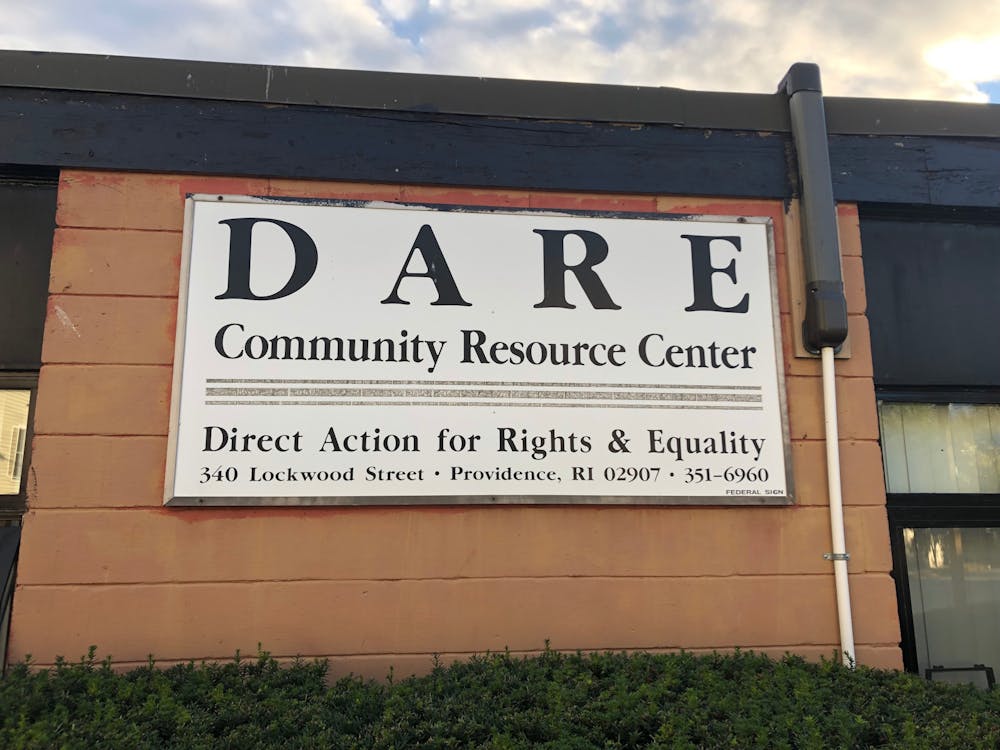Direct Action for Rights and Equality hosted a conversation Thursday night between Providence residents and members of the Providence COVID-19 Recovery and Resiliency Task Force focused on how to effectively use the city’s American Rescue Plan funds to respond to post-pandemic issues.
DARE chairperson Monika Huertas moderated comments and suggestions made by members of the audience to task force members Oscar Mejias, Sabrina Chaudhary and Paige Clausius-Parks. The night’s conversation focused largely on improving access to affordable housing but addressed other topics including job creation and investing in youth.
The discussion occurred six months after President Biden signed the American Rescue Plan Act, a $1.9 trillion COVID-19 stimulus bill that allocated federal funds to states, territories and local governments. This act provided Providence with $166 million, some of which has already been spent in a city ordinance aimed at addressing homelessness.
The objective of the meeting was to discuss how the funding could best be spent to alleviate the negative impacts of the pandemic on Providence, according to a DARE Instagram post, in which the organization also urged its followers to attend and “make (their) voice heard.”
This was the last of a series of meetings that the task force organized in order to solicit feedback from Providence residents. While Mejias acknowledged that it is ultimately the City Council’s decision on how the funds will be used, he assured the audience that the task force was interested in compiling as many ideas as possible. “Every opinion counts,” he said.
Leroy Belona, an audience member, voiced his concern about the homelessness resulting from economic turmoil following the pandemic. “If you don’t have a roof over your head, you’re in big trouble,” he said.
He proposed that the state money could go to a program in which contractors and electricians from the local community, as well as people who were formerly incarcerated, would be hired to create suitable housing. Belona believed this solution would not only address the combined issues of homelessness and unemployment, but also provide career opportunities for those who were formerly incarcerated.
Another audience member, Brenda Parks-Taylor, underscored the importance of securing affordable housing for families.
“We’re losing our youth,” she said, adding that economic deprivation discourages them from seeing the value in their lives. Parks-Taylor said the community should “tell them there’s a better life” by investing in “decent, affordable” housing that can support families and, in turn, prevent future children from engaging in violence and crime.
Ricardo Ledo, another audience member, agreed, saying that low-income housing gives “a person like me, that only gets $800 a month, a chance to live.”
Ledo also advocated for giving money to the recreation department so that children can engage in fulfilling activities. He added that a failure to do so could elevate the crime rate.
Selene Means, an audience member, suggested that the money should be invested in restorative rather than punitive practices that address local issues, adding that “you have to strengthen all the different networks that already exist” in order to tackle problems affecting the community. He offered solutions like recovery housing and addiction treatment services as opposed to “abstinence-based” services.
Parks-Taylor closed the evening with a call to seriously consider and tackle the issues discussed.
“COVID proved it doesn’t play (around) and we’re just beginning,” she said. “Let’s deal with the problems.”





